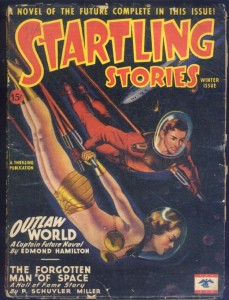Welcome to the Wakefield Doctrine (the theory of clarks, scotts and rogers)
This is the Wakefield Doctrine’s contribution to the Ten Things of Thankful (TToT) bloghop. Once in the vanguard of the bloghops that arrived immediately after personal blogs, food forum and list compendia, the TToT has set the standard for the niché bloghops that are, in fact, the 21st Century version of the dojo in Japan in the 1800s. Gratitude, like the names of most martial arts is as often a verb as it is a noun. Hence the standard of practice being the recounting and listing of examples.
But, we’ve probably said too much already. Following are the people, places and things that have in the course of the week elicited a state of gratitude.
1) Phyllis
2) Una
3) the Wakefield Doctrine
4) I like big boats*
5) the work I have chosen. (see #4 above) I have a listing that I must inspect every week. And, on the way there, the highway passes the Port of Providence and there are usually a number of boats and tankers and such to be admired from afar.
6) the Six Sentence Story bloghop. ‘Are We Playing?’ by Chris
7) the Unicorn Challenge bloghop. ‘Honeysuckle and Provolone‘ by Nancy
8) something, something
9) the first full week of ‘No longer Winter’… it’s like, damn! The didn’t set until, like sometime towards the evening!
10) Secret Rule 1.3
* apologies to Sir Mix-a-Lot both for the paraphrase on the title of his hit and the poor quality of the photo. (with my phone, 65 mph in traffic on a bridge.
music vids:
*
*
*











